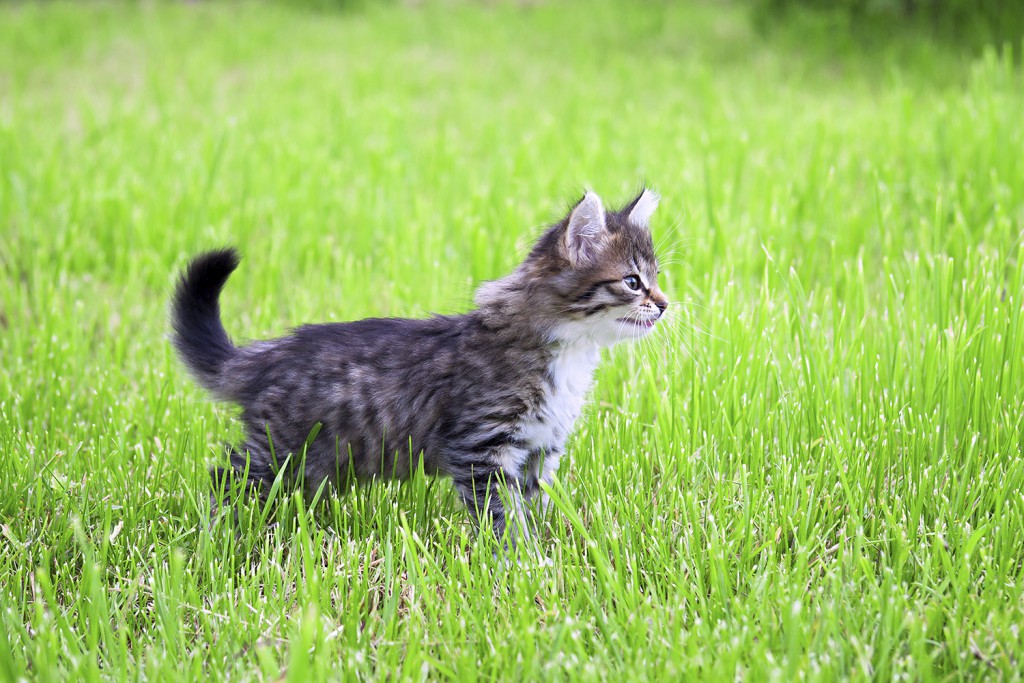How to get cats to go outside
When a cat arrives in a new home, you should not let it go outside too soon. It is important that the cat is fully accustomed to its new environment before it is allowed to go outside. Cats must be identified, vaccinated and treated for parasites. Sterilization is also strongly recommended.
How long should I wait before letting a cat out?
When a cat arrives in a new environment (after its adoption or after a move), it is necessary to wait several weeks before letting it go outside, even if it asks to go outside! Your cat needs to get used to the new house before you let him discover the outside.
You'll find all our advice on how to help your cat adapt to his new home in our "Welcoming a kitten at home" and "The cat and the move" pages.
Indeed, if you let your cat go outside too soon, there is a risk that it will get lost chasing a bird for example or that it will try to return to its old home (in the case of a move).
How do I do this?
As mentioned above, it is necessary to wait several weeks or even several months before letting your cat out. At first, you will have to let him go out with you, under supervision. Only when he finds his way around the garden will you be able to let him out alone. You must always welcome your cat as soon as it comes home (treats, distribution of food, games...) so that it associates its return with something positive.
If you install a cat flap, it will probably be necessary to teach him how it works. Cats may be wary of going through the swinging door of the cat flap. At first, the door can be left open to give your cat more confidence. You can lure him to the other side with food or treats, or by stirring a toy (predatory instinct). Once he passes through the open door cat flap, you can try to lure him to the other side when the door is closed.
It is perfectly possible to let cats out on a leash when the gardens are close to a busy road, for example. It is also possible to let apartment cats out on a leash in quiet, safe areas. A preliminary habituation to the leash and the harness is necessary. For this, it is recommended to put the harness on your cat for a few seconds only, then to congratulate him and reward him if he has remained calm. You can gradually increase the time your cat wears the harness. Similarly for the leash, you will start by attaching it only a few seconds and then you gradually increase the time during which it is attached.
What care is needed for cats that go outside?
If your cat goes out, it is very important to make sure that it is identified. Identification is mandatory for cats over 7 months of age. It is also very useful if your cat gets lost in order to find you quickly.
It is also strongly recommended that your cat be spayed or neutered if it goes outside. This reduces the risk of runaways, fights and disease transmission. .... It also helps to avoid unwanted litters.
Vaccination is also very important. It protects your cat against coryza, typhus and feline leukemia. The vaccination protocol depends on your cat's lifestyle.
Finally, it's important to remember to protect your cat from external parasites throughout the year. Even if your cat is treated against ticks, inspect your cat every day and remove ticks with an anti tick hook if necessary. Deworming is also important and is usually done every three months with a dewormer sold in a veterinary clinic.


